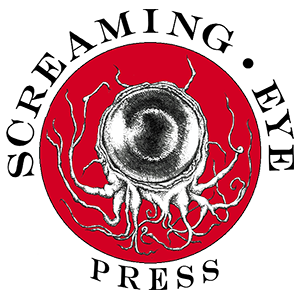Manfred, Prince of Otranto, had one son and one daughter: the latter, a most beautiful virgin, aged eighteen, was called Matilda. Conrad, the son, was three years younger, a homely youth, sickly, and of no promising disposition; yet he was the darling of his father, who never showed any symptoms of affection to Matilda.
Manfred had contracted a marriage for his son with the Marquis of Vicenza’s daughter, Isabella; and she had already been delivered by her guardians into the hands of Manfred, that he might celebrate the wedding as soon as Conrad’s infirm state of health would permit.
Manfred’s impatience for this ceremonial was remarked by his family and neighbours. The former, indeed, apprehending the severity of their Prince’s disposition, did not dare to utter their surmises on this precipitation.
Hippolita, his wife, an amiable lady, did sometimes venture to represent the danger of marrying their only son so early, considering his great youth, and greater infirmities; but she never received any other answer than reflections on her own sterility, who had given him but one heir. His tenants and subjects were less cautious in their discourses.
They attributed this hasty wedding to the Prince’s dread of seeing accomplished an ancient prophecy, which was said to have pronounced that the castle and lordship of Otranto “should pass from the present family, whenever the real owner should be grown too large to inhabit it.”
It was difficult to make any sense of this prophecy; and still less easy to conceive what it had to do with the marriage in question. Yet these mysteries, or contradictions, did not make the populace adhere the less to their opinion.















